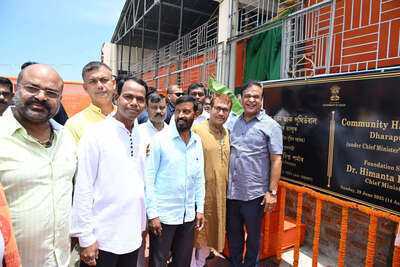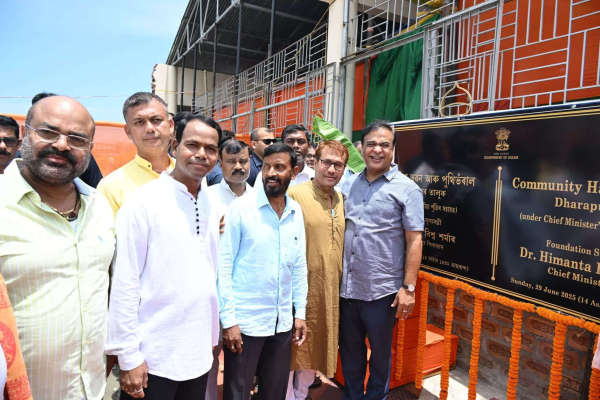
 Farmers Await Land Rights Amid Growing Anxiety
Farmers Await Land Rights Amid Growing Anxiety
Guwahati, July 9: Nearly 500 landless farmers from Dharapur, Garal, Bhattapara, Kendukuchi, and Mazirgaon are increasingly worried six months after Chief Minister Himanta Biswa Sarma's visit to Rani Chapori. During this visit, he had promised that long-time cultivators in the area, many of whom have worked the land for years without formal ownership, would receive land pattas.
This announcement initially filled the local farming community with hope, as it was linked to broader developmental initiatives. These initiatives included infrastructure improvements such as solar energy, electricity, irrigation systems, footbridges, and access to significant central schemes like the Pradhan Mantri Krishi Dhan Yojana and the Pradhan Mantri Kisan Samman Nidhi.
Following the announcement, the Chief Minister’s Office reportedly initiated the process for distributing land pattas. The Rani Chapori region is located within two non-cadastral char areas—Char Nehali and Char Mazir—under the newly established Jalukbari Legislative Assembly Constituency in the Kamrup Metropolitan district.
Farmers in these areas rely solely on traditional farming, cultivating both rabi and kharif crops and selling their harvest in local markets. Without legal ownership of the land they farm, they find themselves in a vulnerable position, anxiously awaiting the fulfillment of promises made.
However, new concerns have surfaced regarding alleged attempts by non-farming individuals to illegally acquire land pattas in the region. Local sources indicate that some of these individuals are attempting to influence officials at the Azara Revenue Circle office to secure land benefits intended for the impoverished farming community.
This situation has sparked anxiety and anger among legitimate farmers, who fear being overlooked in the process. Many are now urging the Chief Minister to take further action to prevent fraudulent activities and ensure that land rights are granted solely to deserving beneficiaries.
The farmers have called on the government to conduct thorough verifications of all applications and to maintain the integrity of the land allocation process, protecting the interests of those who have cultivated these lands for generations without formal assistance.